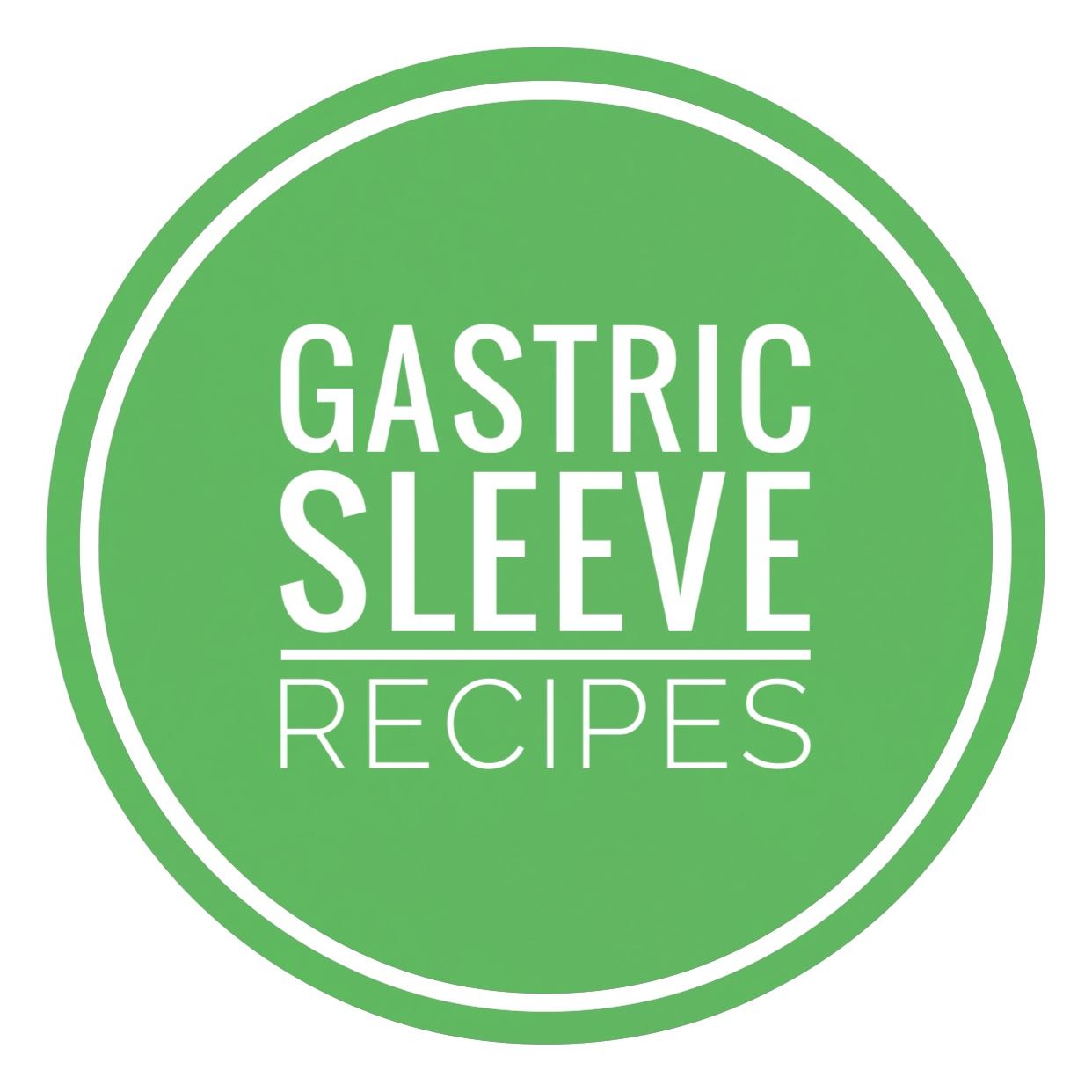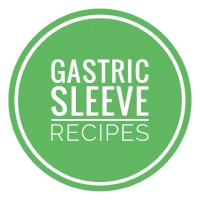Protein for Gastric Sleeve Patients
By Andres Bogarin, LN
Content:
How much protein do gastric sleeve patients need?
What happens when we eat too much protein?
What are the best protein sources?
But what if I exercise? Don’t I need more protein?
Will I need to drink protein shakes for the rest of my life?
Protein during the Post-Op Diet
Protein is one of the three primary macronutrients (often simply referred to as MACROS) that are essential to include in our daily diet. The primary function of protein is to serve as a building block to form our muscles, bones, organs, and many hormones within our body. Like all other nutrients in our diet, it is important to consume the recommended amount of protein and not exceed our body’s requirements (1).
How much protein do gastric sleeve patients need?
Sounds like the question of the century, right? It’s actually much less than you may think. Protein needs will vary with each individual, but the average amount of protein recommended for patients after surgery is 60-70 grams per day. Curiously, this is also the recommended amount for non-surgery patients. Protein is an essential nutrient that you cannot sacrifice after surgery, so the amount you need remains the same as before your surgery. Most people are used to eating far more protein than they need, but more does not mean better in this case.
Most adults need 0.8 grams of protein per kg of body weight (0.36 grams per pound). However, it would not be correct to use our current weight to calculate protein needs if we have not reached our goal, as we are not planning to weigh this in the future. To make it easy to calculate exactly how much protein you need, we created a table for you (click on the button below). It gives you the recommended grams of protein per day based on your height and assuming a BMI of 25, which is the upper limit for the normal range of what a person should weigh.
What happens when we eat too much protein?
Eating more protein than is needed can have a negative impact in our bodies, especially after a gastric sleeve surgery. Since the size of the stomach shrinks significantly after surgery, consuming too much protein could mean patients are not following a balanced diet. This means their diet could be very low in carbs and fat, which could translate into certain nutrient deficiencies (2). For example, a diet low in carbs may likely be low in fiber as well.
Other side effects of eating too much protein include:
Kidney damage. Kidney’s are the organs that process protein and can become overworked if consumed in excess (3,4).
Constipation. Due to the lack of fiber (note: fiber is only found in plant-based food)
Dehydration. The more protein you eat, the more water your body needs to eliminate nitrogen levels through urine (5).
High cancer risk. Due to higher levels of meat-based protein consumption.
High heart disease risk. Especially if the diet is also high in saturated fats.
Bad breath. If your carb intake is too low you can go into a state of ketosis and suffer from multiple side effects, one of which is bad breath. You can read more about the Keto diet and the effects of low-carb diets by clicking here.
Mood swings. Also caused by a low carb intake. It is pretty much your body’s response to being low on sugar. Remember that carbs are your body and brain’s preferred energy source (you can read more about carbs for gastric sleeve patients here).
What are the best protein sources?
It is important to consume protein from a variety of sources. Gastric sleeve patients are recommended to focus on lean meats and plant-based foods that are high in protein. Some good sources include:
Chicken breast, skinless
Ground turkey, 90%+ lean
Salmon, skinless
White fish such as cod and tilapia
Tuna
Egg whites
Greek yogurt, non-fat and plain
Cottage cheese, low-fat
Nuts (almonds, cashews, and peanuts have the highest protein concentration)
Legumes such as black beans, chickpeas, edamame, and lentils
Seeds such as hemp, chia, sesame, and flax
Note that regular cheese is not on the list. Although cheese contains protein, it is actually mostly fat. We recommend staying away from cheese as much as possible due to its high calorie content and addictive properties (6).
But what if I exercise? Don’t I need more protein?
Please note that we do not recommend exercising until at least 6 months after your surgery. The right diet by itself will help you achieve your weight loss goals.
When you decide to begin with an exercise routine, we recommend limiting the amount of burned calories to no more than 200 per day. This is due to a variety of reasons that you can read more about by clicking here. We also recommend that patients always recover burned calories to avoid being at an extreme calorie deficit.
So, back to the question. The answer is yes, you will need slightly more protein than if you did not exercise. But you will also need more calories in general, which also means a bit more carbs and fats. We recommend adding one of our protein drinks to your diet ONLY on the days you exercise. Our recipes have about 200 calories on average and contain a good mix of protein, carbs, and fats. You can see our protein drink recipes here.
Will I need to drink protein shakes for the rest of my life?
The short answer is no, but only as long as you can consume the recommended amount of protein. Protein drinks are a very easy way to exceed our protein needs, so only drink them to help you reach your daily goals. It is important to note that most pre-made protein drinks are not a good substitute for complete meals. That is why we have created many protein shake and smoothie recipes that are more nutritionally balanced but still pack a good protein kick. Our recipes are perfectly fine to use as a meal replacements on occasions. Remember that patients should try to eat their food as much as possible, not drink it!
Protein during the Post-Op Diet
Patients are recommended to consume protein in liquid form starting in Stage 2 of the Post-Op Diet. As their recovery progresses, the goal should be to slowly transition to protein in solid form, that is from food rather than from liquids. The goal is to obtain at least 60 grams of protein per day to make ensure a proper recovery. You can check out our recommended brands for protein drinks and powders in our Supplement Guide by clicking here.
General recommendations
Be sure to ask your registered dietitian or degreed nutritionist about your personal protein needs. It is important to mindfully nourish your body by being aware of the quantity and quality of foods you consume daily. The table we provide above is for general reference. Remember that as a premium member you can contact our nutritionist team and get personalized nutrient goals and more.
We hope you enjoyed reading this article! Remember, as a premium member you can always contact our nutritionists with any additional questions.
Not a premium member yet? Subscribe here
Already a member? Contact a nutritionist here


